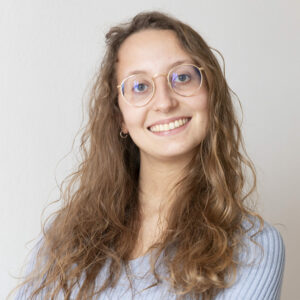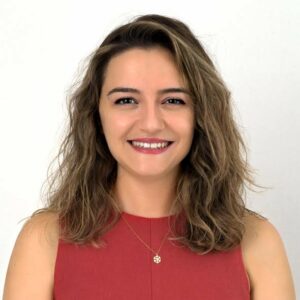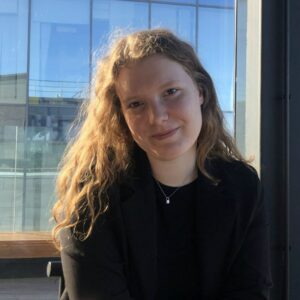
Anastasiia Petrova is a researcher and academic with a background in sociology and psychology. She is currently pursuing her PhD at the University of Turku’s Faculty of Social Science, specializing in Psychology. An alumna of the National Research University Higher School of Economics, St. Petersburg, Anastasiia holds both a Master’s degree in Sociology and a Bachelor’s degree in the same discipline. Anastasiia serves as an MSCA Research Fellow. Previously, she has held roles as a Lecturer and Research Assistant at the National Research University Higher School of Economics, and as Teaching Assistant. She has also participated in academic mobility at the University of Helsinki in 2021.
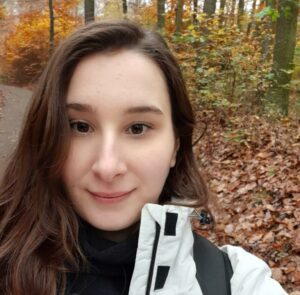
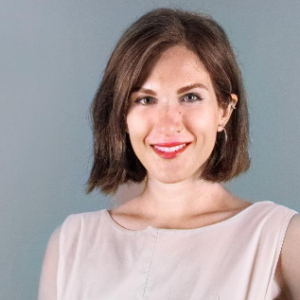


 Kainaat Maqbool is a 2-time founder of female-led initiatives working for gender
Kainaat Maqbool is a 2-time founder of female-led initiatives working for gender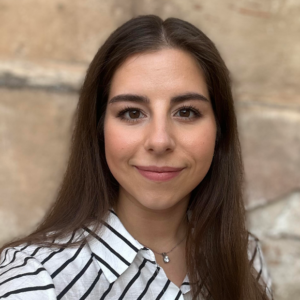 Luca Laszlo, born in Hungary, has an academic background in social sciences. In the past eight years, she has worked for various international organizations representing parents and school leaders as an education consultant and project manager, mainly on international projects concerning inclusion, digitalization, and school-home partnerships. She was involved in grassroots organizations providing support for newcomers to Europe in the 2014-15 migration crisis. Her experience includes developing and conducting trainings, developing materials for parents, teachers and school leaders, writing policy recommendations for policymakers on various levels. She is currently the PhD candidate of Parents International, and is enrolled at the University of Stavanger.
Luca Laszlo, born in Hungary, has an academic background in social sciences. In the past eight years, she has worked for various international organizations representing parents and school leaders as an education consultant and project manager, mainly on international projects concerning inclusion, digitalization, and school-home partnerships. She was involved in grassroots organizations providing support for newcomers to Europe in the 2014-15 migration crisis. Her experience includes developing and conducting trainings, developing materials for parents, teachers and school leaders, writing policy recommendations for policymakers on various levels. She is currently the PhD candidate of Parents International, and is enrolled at the University of Stavanger.